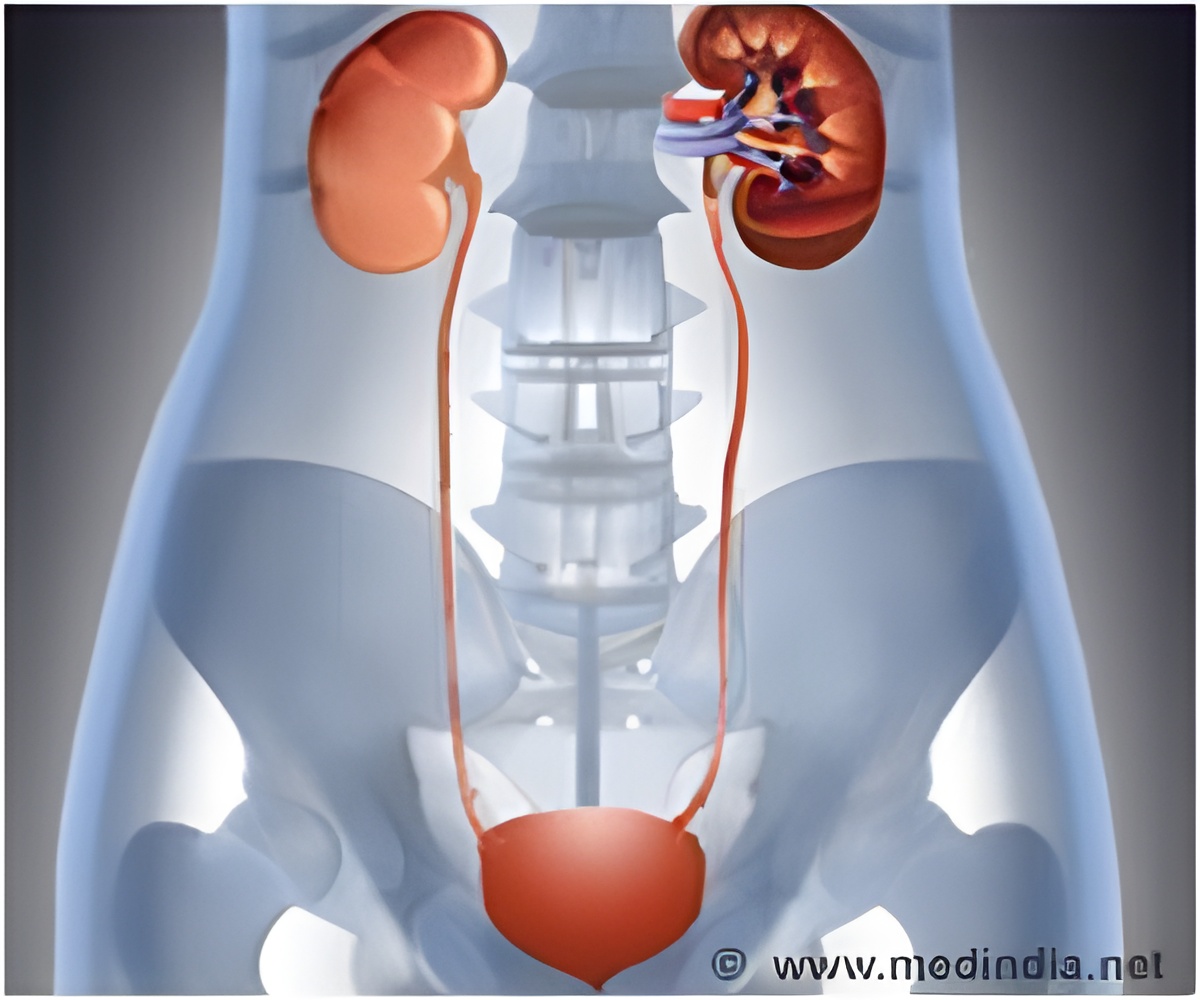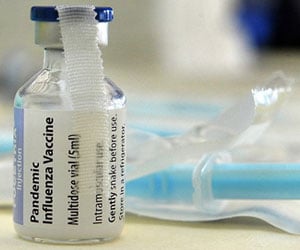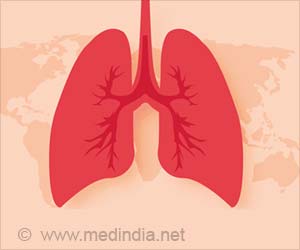
PKD is a life-threatening genetic disorder that affects 600,000 Americans, according to the National Institute of Diabetes, Digestive, and Kidney Diseases (NIDDK). About 50% of individuals diagnosed with PKD develop end-stage renal disease by age 60.
The researchers also noted that in rats, relaxin reduced the size of the large fluid-filled cysts that gradually encroach on kidney function in human PKD patients.
PKD was the first disease to be recognized as a ciliopathy, a disorder characterized by defects in primary cilia, tiny hair-like structures that protrude from virtually every cell in the human body.
In the search of effective treatments, most PKD researchers have concentrated on halting or reversing PKD's characteristic cyst formation.
Ward and her colleagues instead examined the non-cystic aspects of PKD progression, particularly the poor blood flow and extensive internal scarring called fibrosis that encroaches on the glomeruli, the vital clusters of looping blood vessels that filter wastes and excess water from the blood.
Advertisement
Prompted by the hormone's positive effects on the PKD animals, Ward and colleagues explored the differences in kidney gene expression between relaxin and control-treated rats. The results of the gene expression analysis suggested that relaxin, in part, affects genes associated with epithelial trafficking.
Advertisement
Source-Eurekalert















